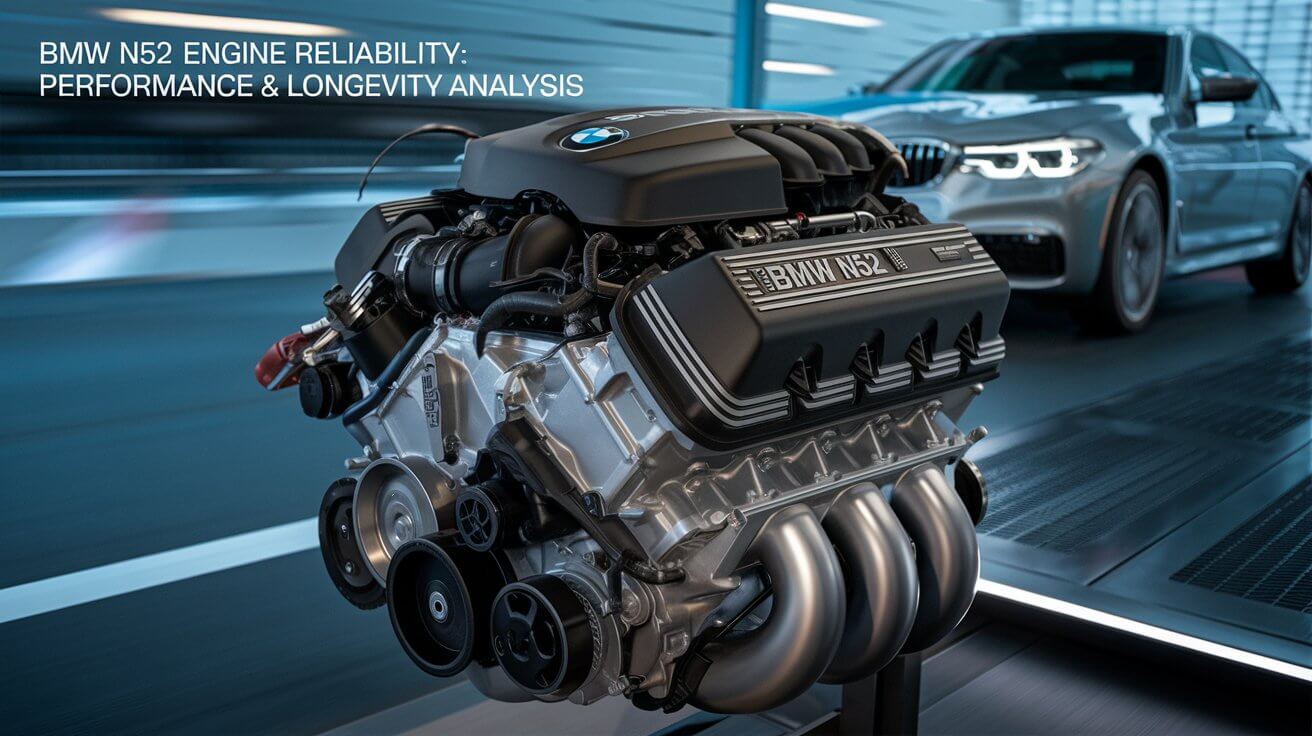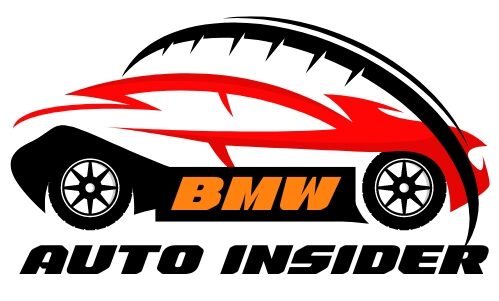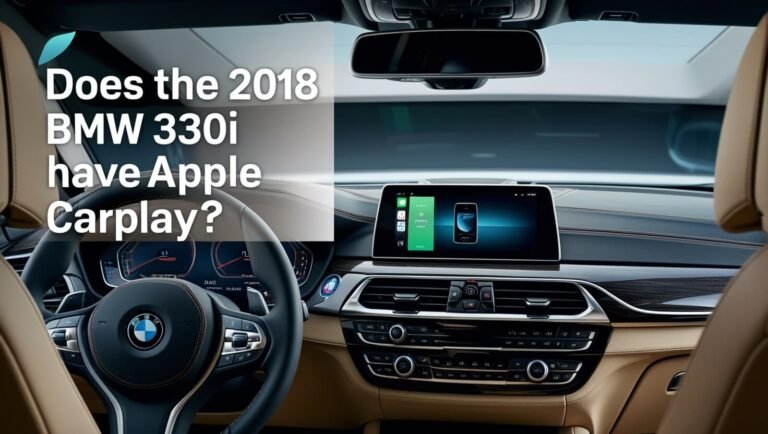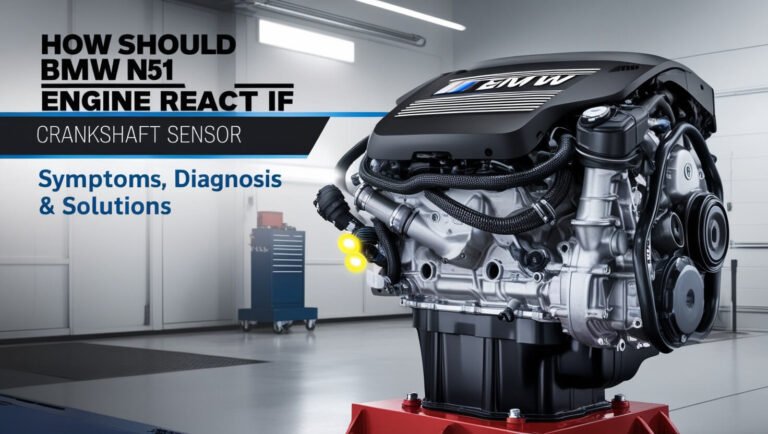
BMW’s N52 engine, a naturally aspirated inline-six, earned fans from 2004 to 2015. It mixes power and toughness, making BMW lovers happy. We’ll chat about why it’s trusted, its common snags, and how to keep it purring.
Overview of the BMW N52 Engine
The N52 engine marked a significant milestone for BMW. As the company’s last naturally aspirated inline-six, it combined traditional BMW smoothness with modern technology.
N52 Engine Specifications
The N52 came in two main variants:
- N52B25: 2.5-liter displacement
- N52B30: 3.0-liter displacement
Power output ranged from 174 hp in the base 2.5-liter version to 268 hp in the top-spec 3.0-liter models. The engine’s redline sits at an impressive 7,000 rpm, except for the N52B25 variant.
Models Featuring the N52
BMW used the N52 engine in various popular models, including:
- E90/E91/E92/E93 3 Series (325i, 328i, 330i)
- E60/E61 5 Series (523i, 525i, 528i, 530i)
- E63/E64 6 Series (630i)
- E85/E86 Z4 (2.5si, 3.0si)
N52 Engine Design and Innovations
BMW packed the N52 with cutting-edge technology, setting it apart from its predecessors and many competitors.
Magnesium-Aluminum Alloy Block
The N52 was groundbreaking as the first engine to use a magnesium-aluminum alloy block. This innovative design led to significant weight savings, improving overall vehicle performance and fuel efficiency.
Valvetronic System
BMW’s Valvetronic variable valve lift system found a home in the N52. This technology allows for precise control of engine breathing, boosting both power and efficiency.
Double VANOS
The N52 uses BMW’s Double VANOS (Variable Nockenwellen Steuerung) system. This variable valve timing setup enhances power delivery across the rev range and improves fuel economy.
Reliability of the BMW N52 Engine
When it comes to BMW engines, the N52 often tops the list for reliability. Its robust design and lack of turbocharging contribute to its reputation for longevity.
Comparison to Other BMW Engines
Compared to its turbocharged successors like the N54 and N55, the N52 proves more reliable. It avoids many issues associated with forced induction, such as turbo failures and high-pressure fuel pump problems.
Long-Term Durability
Many N52 engines have surpassed 200,000 miles with proper maintenance. The engine’s ability to handle high mileage speaks volumes about its durability and build quality.
Common N52 Engine Issues
While the N52 is reliable, it’s not without its quirks. Knowing these common issues can help you maintain your engine effectively.
VANOS Solenoid Problems
VANOS solenoids can become clogged or fail over time. Symptoms include:
- Loss of power
- Poor fuel economy
- Rough idle
- Check engine light
Typically, VANOS solenoids need replacement around 70,000 miles, though this can vary.
Hydraulic Valve Adjuster Ticking
Early N52 engines (pre-2009) often develop a ticking noise from the hydraulic valve adjusters. While annoying, this issue doesn’t usually affect performance or reliability.
Electric Water Pump Failures
The N52’s electric water pump can fail, leading to overheating. Most mechanics recommend replacement between 50,000 and 80,000 miles as preventive maintenance.
Oil Leaks and Gasket Issues
Oil leaks from the valve cover gasket and oil filter housing gasket are common as the engine ages. These leaks can cause serious problems if left unchecked.
Maintenance Tips for N52 Engine Longevity
Proper maintenance is key to keeping your N52 engine running smoothly for years to come.
Regular Oil Changes
Stick to BMW’s recommended oil change intervals, or even more frequently if you drive in harsh conditions. Use high-quality synthetic oil designed for BMW engines.
Cooling System Care
Keep an eye on coolant levels and condition. Replace the water pump and thermostat proactively around 60,000 miles to avoid overheating issues.
Addressing Minor Issues Promptly
Don’t ignore small problems. Addressing issues like minor oil leaks or unusual noises early can prevent more expensive repairs down the road.
N52 vs N54: Reliability Comparison
The N52 and N54 engines often draw comparisons, as they were offered concurrently in some BMW models.
Performance Differences
The N54 offers more power thanks to its twin-turbo setup, but this comes at the cost of reliability. The N52, while less powerful, provides a more dependable driving experience.
Known Issues in Each Engine
N54 engines face several reliability concerns, including:
- High-pressure fuel pump failures
- Turbocharger issues
- Carbon buildup
The N52, in contrast, has fewer major issues, making it a more reliable choice for many buyers.
Real-World Experiences with N52 Reliability
Owner experiences often provide the best insights into an engine’s reliability.
Owner Testimonials
Many N52 owners report trouble-free operation well into high mileage. Regular maintenance and addressing issues promptly contribute to these positive experiences.
High-Mileage N52 Examples
It’s not uncommon to find N52-equipped BMWs with over 200,000 miles still running strong. These high-mileage examples showcase the engine’s potential longevity.
Cost of Ownership: N52 Engine Maintenance
Understanding potential maintenance costs helps in budgeting for N52 ownership.
Typical Repair Costs
Some common repair costs for the N52 include:
- VANOS solenoid replacement: $300-$400
- Water pump replacement: $600-$800
- Valve cover gasket replacement: $400-$600
DIY vs Professional Servicing
Many N52 maintenance tasks are DIY-friendly, potentially saving on labor costs. However, some jobs require specialized tools and expertise, making professional service necessary.
Future of the N52 Engine
Though no longer in production, the N52 continues to impact BMW’s lineup and the used car market.
Legacy in BMW’s Lineup
The N52’s reliability and performance set a high bar for subsequent BMW engines. Its influence can be seen in the design philosophy of newer BMW powerplants.
Aftermarket Support and Upgrades
A robust aftermarket exists for N52 engines, offering performance upgrades and replacement parts. This support helps keep older N52-equipped BMWs on the road.
Conclusion: Is the N52 a Reliable Engine?
The BMW N52 engine stands as a testament to BMW’s engineering prowess. Its blend of performance, efficiency, and reliability makes it a favorite among BMW enthusiasts. While not without its issues, proper maintenance can keep an N52 running smoothly for many years and miles.
For those considering a BMW with an N52 engine, its reputation for reliability should provide peace of mind. However, as with any used vehicle, a thorough pre-purchase inspection is crucial to ensure you’re getting a well-maintained example.
The N52’s reliability, combined with its smooth power delivery and engaging driving experience, cements its place as one of BMW’s most beloved engines. Whether you’re a BMW aficionado or simply looking for a dependable luxury car, an N52-equipped BMW deserves serious consideration.






